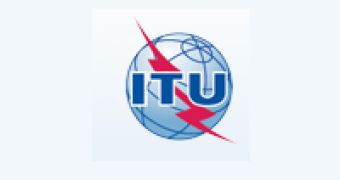Hackers have launched a cyberattack against a website of the International Telecommunication Union (ITU), disrupting a conference that’s said to decide the future and the freedom of the Internet.
Between December 3 and December 15, representatives of around 200 countries are meeting in Dubai where the United Nations’ ITU is hosting the World Conference on International Telecommunications (WCIT).
Many internauts, including Anonymous hacktivists, have criticized the conference because they fear that the participants might take decisions that would negatively affect the freedom of the Internet.
“There's a meeting between the world's governments in a just a few weeks, and it could very well decide the future of the internet through a binding international treaty,” the hackers had stated just before the conference started.
“If some proposals at WCIT are approved, decisions about the internet would be made by a top-down, old-school government-centric agency behind closed doors. Some proposals allow for access to be cut off more easily, threaten privacy, legitimize monitoring and blocking online traffic,” they added.
At the time, they urged all their supporters to demand their governments – which get a vote at the conference – to “keep the Internet open.”
However, this wasn’t the only thing hackers did to keep the Internet open. On Wednesday, they launched a cyberattack against the systems of the ITU, disrupting access to the WCIT public website’s main page and newsroom, Computerworld reports.
Some of the delegates present at the conference experienced difficulties in accessing work documents.
Huffington Post informs that ITU representatives were forced to divert Web traffic to a backup website for a couple of hours before they could resume normal operations.
In the meantime, Anonymous hackers continue to collect data on the WCIT on a site called wcitleaks.org. They claim that the website’s purpose is to “bring transparency to the ITU.”

 14 DAY TRIAL //
14 DAY TRIAL //